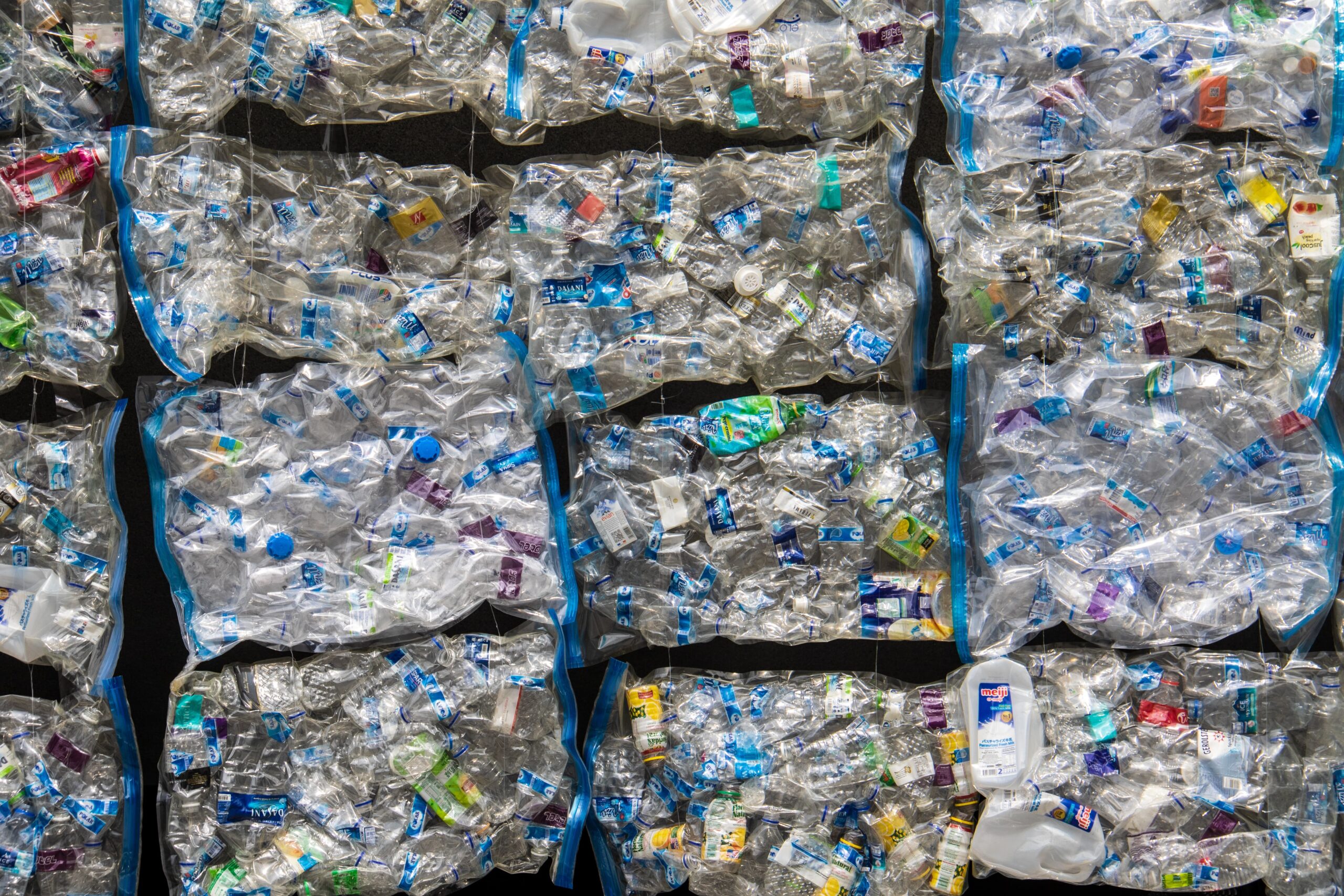Download our publication on bioenergy today
This article is part of our publication ‘Bioenergy’.
Perspective
Biogas
Biomass


Through more than 30 years of experience of design and construction of biogas plants, Xergi has learned that most biogas plants will be able to increase their profitability if they can process a great variety of biomasses and waste resources. This gives the biogas plants the opportunity to choose the best composition of available resources in order to optimize gas yields, fertiliser quality and production cost. Based on this experience, Xergi has developed an anaerobic digestion system which provides great flexibility for the recycling of organic residues from agriculture and the food industry.
In the case of the Danish NGF Nature Energy Holsted biogas plant, Xergi worked closely with both farmers and energy suppliers to develop the project.
This included a thorough evaluation of available waste resources in order to build a solid business case. The farmers wanted to process large quantities of manurebecause anaerobic digestion increases fertiliser quality of manure which is beneficial to both crops and the water environment.The energy company NGF Nature Energy also engaged in the project wanting to supply CO2-neutral biogas to the Danish gas grid in order to replace fossil natural gas.
The evaluation of the available resources showed that the best business case would include processing a number of different types of waste and biomasses. Xergi biogas plants are designed to process almost any type of organic matters such as animal slurry, deep litter, energy crops, vegetable waste, industrial and commercial waste as well as household waste. Therefore, the conclusion was that the Xergi biogas design was well adapted to
the needs of the biogas plant in terms of flexibility and ability to handle both a great variety of biomasses and possible future changes in feedstock.
Xergi has designed and constructed more than 60 biogas plants processing millions of tons of organic waste from agriculture the food industry and households every year. The plants are located in a number of European countries including UK, France, Denmark and Sweden, as well as in USA. From this experience Xergi has developed a business strategy and a biogas plant design which is focusing on optimizing the
profitability of organic waste recycling, biogas production and production of sustainable fertilizer. This will contribute to a more sustainable growth in global food and energy production.
This article is part of our publication ‘Bioenergy’.